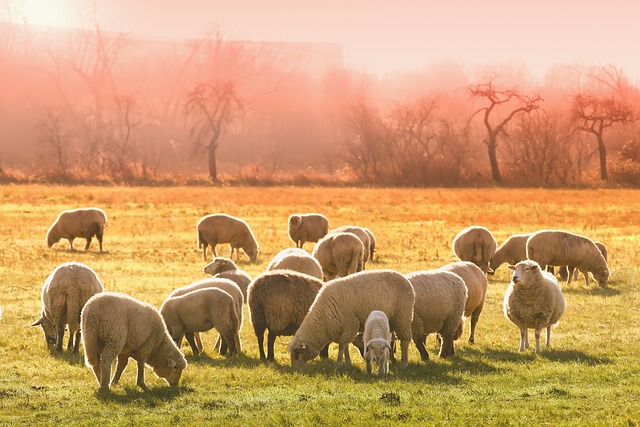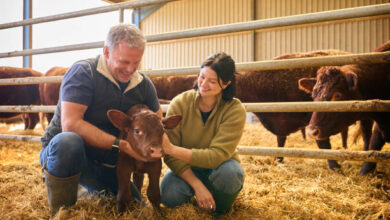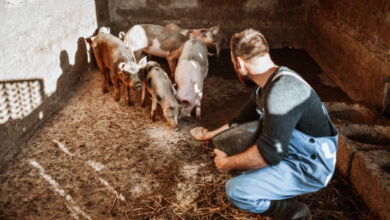
What Is Animalism In Animal Farm: (George Orwell’s Animal Farm)
In George Orwell’s “Animal Farm,” the concept of Animalism is the foundation of the animals’ rebellion, but what exactly does it represent? This guide will delve into the meaning of Animalism, its principles, and its significance in the allegory Orwell created. Whether you’re a student, literature enthusiast, or educator, understanding Animalism is key to grasping the deeper themes of the novel.
Definition of Animalism
What Is Animalism?
Animalism is the ideology promoted by the pigs in “Animal Farm.” It represents a utopian vision for the animals, free from human oppression, where all animals are equal and work together for the common good. The principles of Animalism are meant to unite the animals against their human oppressors and create a society where they can live in harmony and prosperity.
Origins Within the Book
Animalism is introduced by Old Major, the wise and elderly pig who inspires the rebellion. His speech to the animals lays the foundation for Animalism, which the pigs, particularly Snowball and Napoleon, later develop into a formal set of principles. These principles are designed to guide the animals in their quest for a better life and to ensure that they never revert to the ways of their human oppressors.
Animalism as a Governing Philosophy
As a governing philosophy, Animalism is intended to create a fair and just society on the farm. It emphasizes equality, collective ownership of resources, and mutual support among the animals. The principles of Animalism are enshrined in the Seven Commandments, which serve as the laws by which the animals are expected to live.
Principles of Animalism
The Seven Commandments
The Seven Commandments of Animalism are:
- Whatever goes upon two legs is an enemy.
- Whatever goes upon four legs, or has wings, is a friend.
- No animal shall wear clothes.
- No animal shall sleep in a bed.
- No animal shall drink alcohol.
- No animal shall kill any other animal.
- All animals are equal.
These commandments are designed to ensure that the animals remain true to the principles of Animalism and do not adopt the behaviors of their former human oppressors.
Core Tenets of Equality and Fraternity
At its core, Animalism promotes equality and fraternity among all animals. It rejects the notion of a ruling class and advocates for a society where all animals share in the fruits of their labor equally. This principle is meant to prevent the rise of tyranny and ensure that no animal has power over another.
Establishment and Spread of Principles
After the rebellion, the pigs work to spread the principles of Animalism throughout the farm. They teach the commandments to the other animals and work to enforce them. Meetings are held to discuss the implementation of Animalism, and efforts are made to ensure that all animals understand and adhere to the new ideology.
Animalism vs. Communism
Comparison to Communism
Animalism in “Animal Farm” is an allegory for Marxist Communism. Both ideologies advocate for a classless society where resources are shared equally. The principles of Animalism closely mirror those of Communism, including the emphasis on collective ownership and the rejection of hierarchical structures.
Historical Context and Orwell’s Intentions
Orwell wrote “Animal Farm” during World War II, a time when the promises of Communism were being tested in the Soviet Union. Through Animalism, Orwell critiques the corruption and betrayal of revolutionary ideals that he observed in the Soviet regime. Animalism serves as a vehicle for Orwell to explore how noble ideas can be subverted by those in power.
Animalism as Allegory
Animalism represents the initial idealism of the Russian Revolution and the subsequent corruption of Communist principles by leaders like Stalin. The gradual erosion of Animalism in the book mirrors the betrayal of the revolution’s original goals, highlighting the dangers of power and the ease with which it can corrupt.
YOU MAY LOVE TO READ
What Is a Camaro Animal? The Term and Its Misconceptions
What Are the 7 Parts of a Plant and Their Functions?
The Corruption of Animalism
Gradual Erosion of Principles
As the story progresses, the principles of Animalism are gradually eroded. The pigs begin to alter the commandments to suit their own desires, justifying their actions with increasingly flimsy excuses. The original ideals of Animalism are slowly replaced with the pigs’ self-serving policies.
Role of the Pigs in Corruption
The pigs, especially Napoleon, play a central role in the corruption of Animalism. They manipulate the other animals, use propaganda, and resort to violence to maintain their power. The pigs’ actions demonstrate how those in power can twist ideological principles for their own benefit.
Key Events Highlighting Decline
Several key events mark the decline of Animalism:
– The pigs begin sleeping in beds, violating one of the commandments.
– They start trading with humans, despite initially condemning all human interactions.
– The executions of animals deemed traitors show the abandonment of the commandment against killing.
– The final transformation of the pigs into human-like figures symbolizes the complete betrayal of Animalist principles.
Themes Related to Animalism
Power and Corruption
Animalism’s decline underscores the theme of power and corruption. The pigs’ rise to power and subsequent abandonment of Animalist ideals illustrate how power can corrupt even the most noble intentions.
Class Struggle
Animalism initially aims to eliminate class struggle by creating an egalitarian society. However, the pigs’ ascent to a ruling class and the exploitation of other animals reveal the persistence of class divisions and the difficulty of achieving true equality.
Idealism vs. Reality
The conflict between the idealism of Animalism and the reality of the farm’s governance highlights the challenges of implementing utopian principles. The story shows how idealistic visions can be compromised by practical realities and the corrupting influence of power.
Conclusion
Animalism in “Animal Farm” starts as a vision of equality but ultimately mirrors the corruption it aimed to overthrow. Understanding Animalism helps readers grasp Orwell’s critical commentary on political ideologies and human nature. Have thoughts or questions about Animalism in “Animal Farm”? Share them in the comments below! And be sure to check out our other literature guides for more insights.




